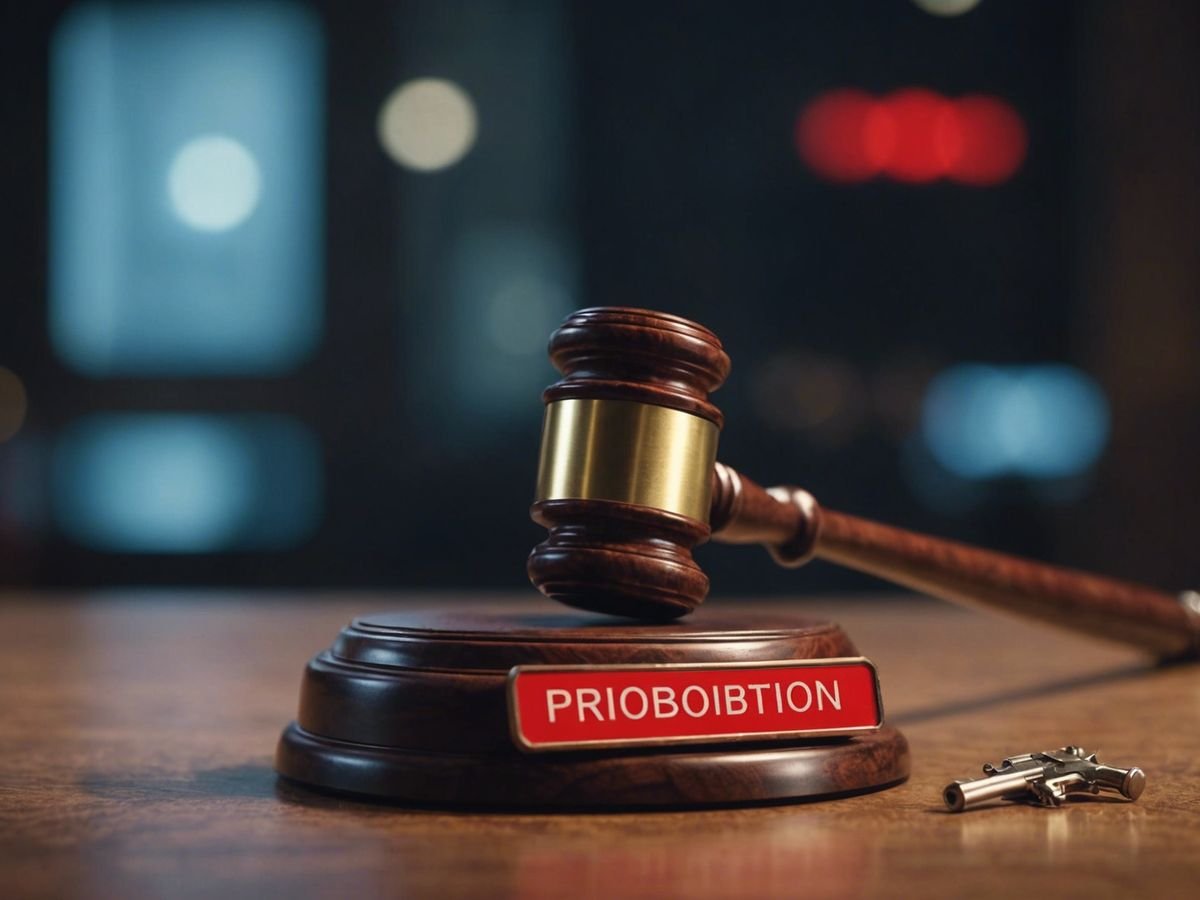THE U.S. SUPREME COURT has upheld a federal law that prohibits individuals under domestic violence restraining orders from owning firearms. The 8-1 decision marks a significant moment in gun control legislation, reinforcing protections for victims of domestic violence.
Key Takeaways
- The ruling was an 8-1 decision, with Justice Clarence Thomas dissenting.
- The law in question is a 1994 federal statute that bars individuals under domestic violence restraining orders from possessing guns.
- The decision is seen as a major win for gun safety advocates and victims of domestic violence.
- Chief Justice John Roberts emphasized that the law uses “common sense” and applies only after a judge determines that an individual poses a credible threat of physical violence.
- The ruling does not address other pending cases related to gun ownership and non-violent criminals.
Background
The case centered on Zackey Rahimi, a Texas man who was convicted for violating the 1994 law following a series of shootings. Rahimi argued that the law was unconstitutional, but the Supreme Court disagreed, citing historical precedents that support disarming individuals who pose a threat to others.
Historical Context
The decision revisits the Supreme Court’s 2022 ruling in New York State Rifle & Pistol Association v. Bruen, which required gun laws to have a connection to the nation’s history and tradition. Chief Justice Roberts clarified that modern laws do not need to be exact replicas of historical laws but should be in the same spirit.
Implications
The ruling has significant implications for other gun control laws currently under scrutiny, including those related to non-violent criminals and drug users. The decision also leaves unanswered questions about the extent to which the government can disarm individuals who have not been convicted of violent crimes.
Reactions
President Joe Biden praised the ruling, stating that it provides critical protections for survivors of domestic violence. Gun rights groups, however, criticized the decision, arguing that it could disarm individuals who have not committed any violent acts.
Future Cases
The Supreme Court is expected to hear more cases related to gun control in the near future. These include challenges to laws that prohibit felons and drug users from owning firearms, as well as state-level regulations on assault weapons and concealed carry permits.
Conclusion
The Supreme Court’s decision to uphold the 1994 law is a landmark ruling in the ongoing debate over gun control and domestic violence. While it reinforces protections for victims, it also sets the stage for future legal battles over the extent of Second Amendment rights.
Sources
- Supreme Court decides cases related to guns for domestic abusers and more – The Washington Post, Washington Post.
- Takeaways from the Supreme Court’s decision upholding the domestic violence gun ban | CNN Politics, CNN.
- Supreme Court upholds gun law to protect domestic violence victims | AP News, AP News.
- Supreme Court upholds domestic violence gun restriction, NBC News.
- SCOTUS allows gun restrictions on domestic violence suspects | The Texas Tribune, The Texas Tribune.

